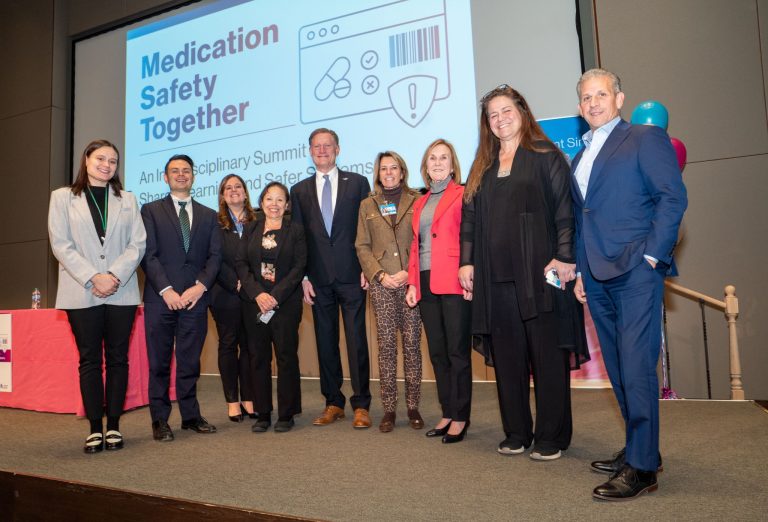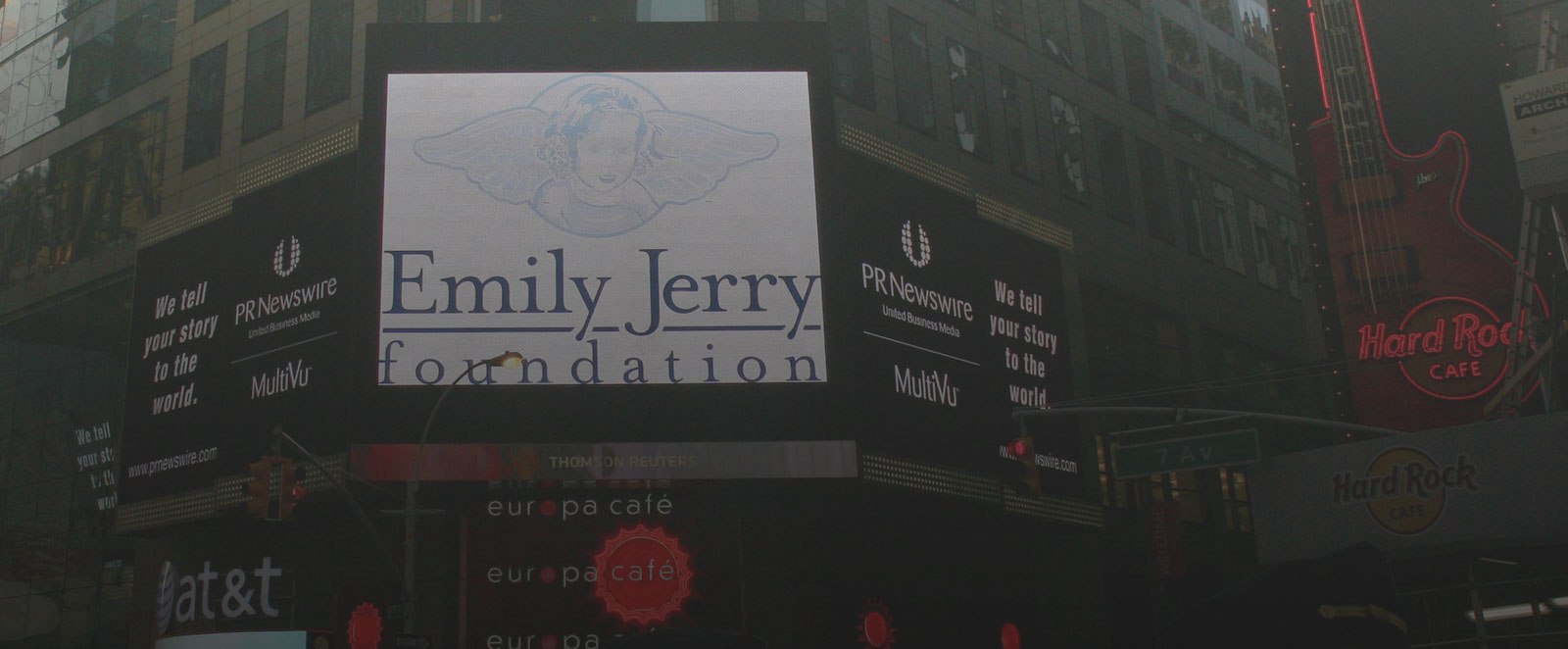Yesterday morning I took part in the following Webinar offered by PharmCon at freece.com:
Emily’s Act Revisited: The Pharmacist, The Family and the Medication Error That Changed Their Lives -LAW-
Continuing Education Credits for Healthcare Professionals
Program Overview
This presentation reviews the effect of a tragic medication error on the lives of the two victims, patient Emily Jerry and pharmacist Eric Cropp. Over the span of four years since the incident, much has changed in the lives of the families involved and in the practice of pharmacy. This compelling and emotion presentation is presented by Eric Cropp and Chris Jerry. This is the sequel to “Emily’s Act: Impact on Public Safety and Medication Errors”, which many participants stated was the most moving continuing education program they have ever attended.
To learn more about the repeat presentation on Thursday, August 25th visit the freece site by clicking here.
*****
Here are some of the reviews we received from participants. I truly appreciate their candor and honesty. I am also ecstatic that I am making a difference in their education by relaying Emily’s story. Comments are below…
*****
Program Comments
Thank you for giving this story a forum – very needful.
Great program !!!!. Thank you !!!
Great program!
excellent presentation, so much to learn from it
Good work both Chris and Eric are doing.
n/a
Did not understand wording on how to answer questions 4 to 6 properly. Overall I feel that technicians have been empowered to such a level that THEY consider themselves above supervision and will often bypass the pharmacist if they can, with consent of management “to reduce costs” , but will STILL expect the pharmacist to assume ALL responsibility.
one of the best programs from FreeCe.com that I have participated in
Very moving presentation.
This is by far the most emotional CE in which I have participated. This could have been me….
Difficult subject to discuss, but this presentation got the point across. Thank you!
I think that this presentation should be added to the curriculum of all accredited Pharmacy schools to implore new Pharmacists to be extra careful and that there is support for Second Victims if fatal/harmful errors are made. I saw both Emily’s Law CE’s and this should be a staple CE for years to come. It is such a Blessing to see that forgiveness and positive change can come from such tragedy. My heart and prayers go out to both families and I pray that God and time will heal all wounds and hearts. Please let me know if you are ever in the Orlando area on a speaking engagement, because I would love to come an support your efforts. My email is GHayslip@cfl.rr.com. Extremely impactful and riveting…
unusual presentation – “enjoyed” is not the right word…..found the value in the topic, for sure. thanks
Thank you for including Mr Jerry. What a remarkable testimony for him and Eric. I hope they will continue to work together for the betterment of healthcare for a very long time.
THIS WAS A CLASSIC EXAMPLE OF A SYSTEM ERROR. RX’S WITHOUT A SOUND SYSTEM OF PRACTICE WILL HAVE SIMILAR ERRORS OCCUR AND DO HAVE THEM OCCUR BUT USUALLY NOT WITH TRAGIC RESULTS. I DO KNOW OF A VERY SIMILAR TRAGIC OCCURANCE THAT HAPPENED WHEN IN RX SCHOOL BACK AROUND 1980-81 AND OF COURSE THERE WAS NO CRIMINAL ELEMENT ATTACHED AT ALL!
Thank you for the great presentation!
Extremely emotional topic…tough to be objective both as a parent and a pharmacist
thank you for sharing this entire story in an unbiased and informative fashion…it’s an event that can happen to any medical professional or parent…the resources given are exceptional
best webinar or ce i have attended. thank you.
What an eye opening session! Yes it will change my practice!
This is the best presentation yet. Both men are to be commended and keep moving foward. This presentation should be shown to every medical person and revisited once a your or so. Thank you so much. My hats off to all. Sometime, when some pass away, others will be saved.
I have no healthcare practice.
WE NEED TO BE REMINDED OF TRAGEDIES SUCH AS THIS ONE SO THAT WHEN WE ARE FACED WITH A SIMILAR SITUATION WE REALIZE WHAT IS AT STAKE AND WE SLOW DOWN.
Every Pharnacist in every hospital should listen to this presentation annually as a reminder of how important their job is and how easily an error can be made. Thank you for providing this presentation.
great presentation, eye opening, makes me look at my pharmacy setting and evaluate how to decrease any chance for errors.
Excellent presentation. As a father with a young daughter who would be about Emily’s age and a pharmacist, I can relate to both sides of the story. This was a powerful motivator for increased vigilance against medication errors in practice. More Q&A time with Chris and Eric would have been appreciated.
Will this CE change my healthcare practice? ABSOLUTELY. The next time I feel rushed I will think of Emily, her family, and Eric and I will SLOW DOWN (regardless of who is rushing me!). Having both Eric and Chris participate in this CE made the story hit home that much harder. Well done.
Very emotional story
Everyone of us in the Pharmacy field at one time or another can make an error.We have to stay alert and watch and listen to everything at all times.We can loose concentration especially if there is too much confusion all around you. This happened to me and I just said it was not worth fighting the system,all requests fell on deaf ears and after 49 years in the profession, I retired before something like what happened to Emily and Kris. The system shall never be perfect.
great
Thanks
This was the best presentation you have ever given. I did not want it to end. I listened to all the comments/questions at the end, which I never do.
What a tragic story, yet one that seems to be taking a positive turn. All those involved deserve our prayers.
Thank you so much for this presentation. It was a truly eyeopening experience.
Great presentation!!! Having Chris and Eric live at the end of the presentation had a great impact on the lesson.
n/a
Thank you moderators- I know that must have been very difficult to get through. I think this will improve the practice of Pharmacy for all who listen.
All the CEs I have participated in through your organization have been outstanding. This one stands out in particular in terms of its impact on pharmacy practice going forward. I definitely feel that everyone who participated in this webinar will look at their practices differently. This presentation should be mandatory for the leadership of health care organizations since ultimately we need to address the root of the problem, overwork, understaffing, cluttered environments, etc., to impact the grim statistics in medical errors that were first brought to bear by the IOM report of 1999, ‘To Err is Human’. 12 years later, it appears like too many organizations are too lackadaisical about addressing the source of the issue and simply opt for the scapegoat approach, which was Eric in this case. My kudos both to Eric and Mr. Jerry for turning this heart wrenching story into a positive and productive momentum. OUTSTANDING PRESENTATION!
Extremely informative
Great speaker. Great topic. I really enjoyed this.
i will learn to say no in high presure situations
Excellent presentation. Thanks.
GOOD PROGRAM
Thank you for the follow-up ce on this tragic event.
Kevin, you are a great presenter. I also want to take the time to say that I am so glad I came across this program. Pharcon is an asset to and a useful tool for pharmacists everywhere. I wish that there were a comparable site for physicians and physical therapists. My daughter is a physical therapist and it would be great if you know of a comparable site so that I can tell her. Thanks again for a great and powerful presentation
This was an excellent presentation. I can only pray for those involved in this tragedy and hope it happens to no one else
A tragic situation that will forever impact everyone in our field. Medical errors should not be criminally liable.
EXCELLENT PRESENTATION.
na
wow!!!
Excellent presentation
Excellent hits close to home with all practitioners we do our jobs despite the fact the odds ofNOT making an error are not on our side
Thank you so much for sharing this story with us.
Resolved to finish course on iPhone with in and out sound but could read slides for course content and deductions ..
thanks for a very moving presentation
Best webinar to date. Really puts things into perspective. We all can only pray we are never in a situation like this. All big corporations should watch this before cutting our help!!!!!!!!!!!!
THIS IS THE FIRST CE THAT COMPELLED ME TO MAKE A COMMENT. HEARTBREAKING AND A SCARY REALITY OF THIS PRACTICE. I CANNOT BELIEVE THE PHARMACIST WAS SENT TO PRISON FOR THIS. ERIC IS NOT A MURDERER. HE IS HUMAN AND A RESULT OF A HEALTH CARE SYSTEM THAT WAS TRYING TO SAVE MONEY. THIS IS TRUE OF HOSPITAL AND RETAIL PHARMACY ALIKE.










Posted: October 10, 2011 by ejfadmin
Lecture at Union Hospital Next Week – Wednesday, OCT. 19
I’m genuinely looking forward to giving my patient safety lecture to the accomplished staff of Union Hospital in Dover, Ohio next Wednesday morning, October 19th. The Emily Jerry Foundation is extremely proud and honored to work with medical facilities across the nation like Union Hospital. They are recognized among the top 5% of around 5,000 short-term, acute-care hospitals in the United States and have received both the HealthGrades 2011 Patient Safety Excellence Award, as well as, the 2011 Emergency Medicine Excellence Award.
Click here to learn more about Union Hospitals HealthGrades awards.